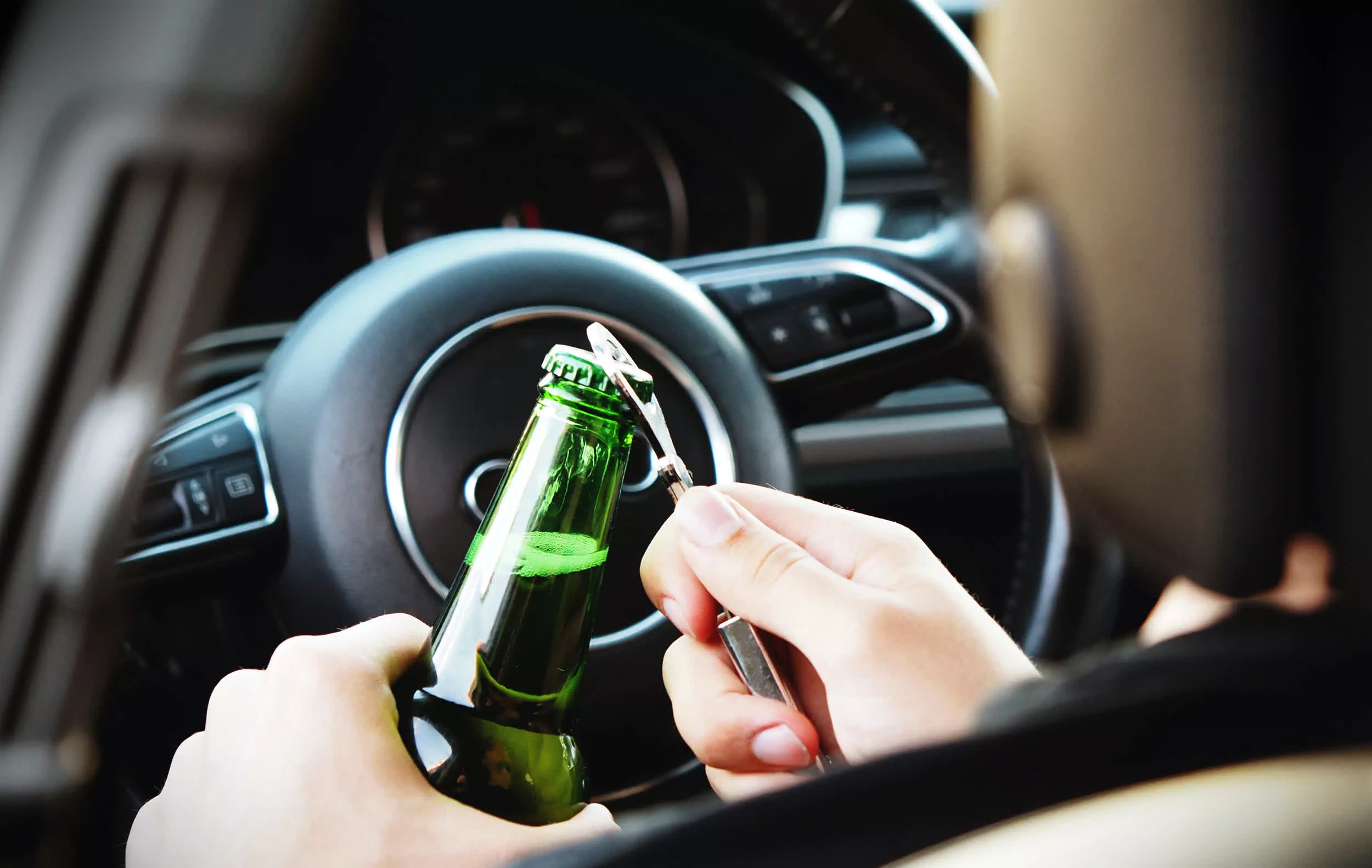What just happened? In-car equipment has advanced enormously over the last few years, and the next piece of tech that could become standard in all passenger vehicles is one that detects if a driver is drunk. It sounds like something that is years away, but the National Highway Traffic Safety Administration (NHTSA) says it has taken the first step in making anti-drunk driving technology a requirement.

In an advanced notice of proposed rulemaking, the NHTSA said that it had started gathering information about drunk and impaired driving prevention technology as there are currently no commercially available options.
The agency evaluated 331 driver monitoring systems and found no models could properly identify if a driver was alcohol-impaired. It said that while there are three DMS systems that claim to detect alcohol-based impairment, these remain in the research and development phase.
After the notice is published in the Federal Register, the public will be able to submit comments for 60 days.
The Bipartisan Infrastructure Law passed by Congress in 2021 requires the NHTSA to develop a standard that can detect impaired driving by monitoring drivers' performance, detecting whether blood alcohol levels are equal to or greater than the legal limit, or a combination of both. If a system detects a driver is impaired, the operation of the vehicle will be limited or restricted.
A group called Driver Alcohol Detection System for Safety which includes the NHTSA and 16 automakers has been researching different anti-drunk driving technologies. One is a system designed to measure alcohol in a non-invasive way as a person breathes normally, while in the driver's seat – no blowing into a breathalyzer.
Another technology the group is researching is a touch system. This uses tissue spectroscopy to measure blood alcohol levels under the skin's surface by shining an infrared-light through the fingertip or palm of the driver. It's designed to be integrated into current vehicle controls, such as the start button or steering wheel. It's likely that most people would prefer this method of in-vehicle alcohol detection.
Even though mandating detection technology could save around 10,000 lives per year, it's expected that there will be pushback against these systems, especially if they're not 100% accurate. There are also questions over whether the technology could be tricked or even hacked.
Congress has set an initial deadline of November 2024 for the technology's regulations to be adopted, but it will likely take a lot longer before they are in place.
In September 2022, the NTSB called for all new vehicles to leverage tech to prevent drunk driving and speeding.
Masthead: energepic.com
https://www.techspot.com/news/101186-nhtsa-takes-major-step-toward-making-drunk-driving.html